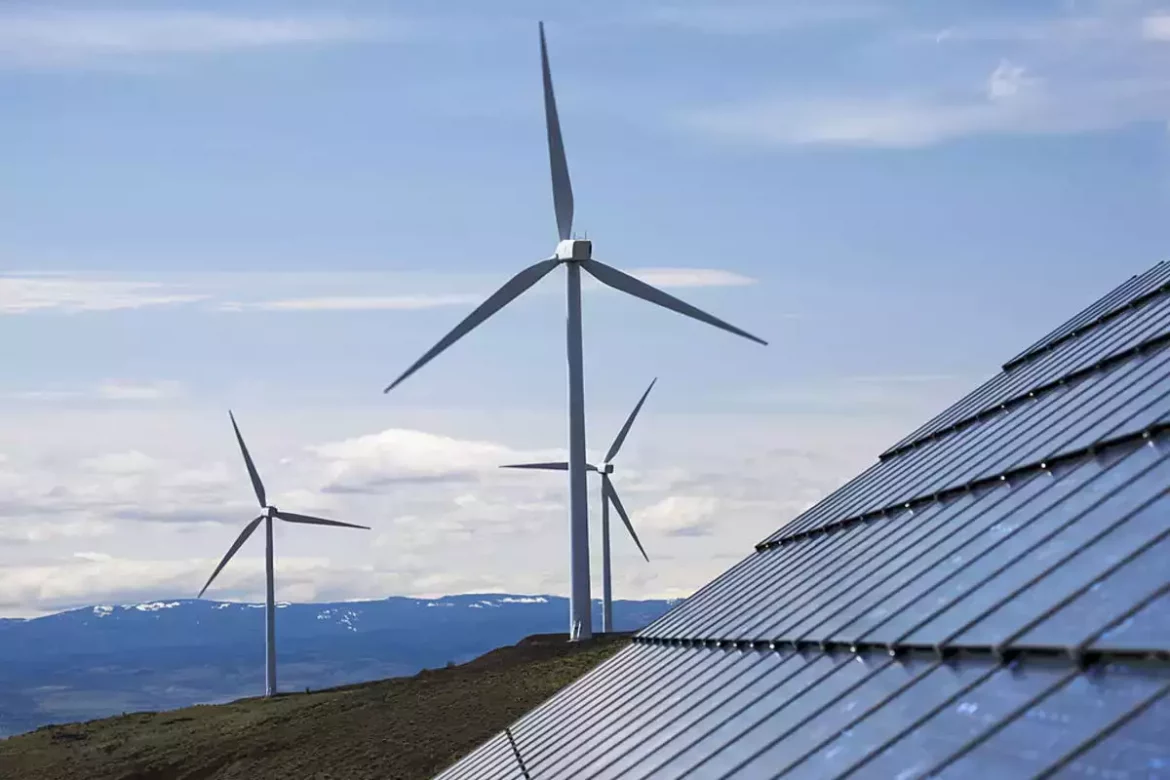The British government on Monday announced plans to widen its flagship renewable energy support scheme to encourage investment in the sector, and has opened a consultation on the proposed changes.
British low-carbon electricity generation projects, such as offshore wind and solar projects are supported under the government’s mechanism known as the Contracts for Difference (CfD) scheme under which generators are guaranteed a fixed, pre-agreed price for the electricity they provide over the term of the contract and sell their low-carbon energy into the market.
The government said changes were needed “in face of the deployment challenges currently faced by the renewable energy industry” under the scheme that has supported 26.1 gigawatts (GW) of low carbon projects to-date.
According to a statement credited to the department for business, energy and industrial strategy, a potential reform of the scheme could see applicants also being rewarded for “non-price” factors, such as supply chain sustainability or addressing skills gaps and innovation which could help drive investment in the sector, expand the economy and boost Britain’s energy security.
Read also: Cross River community demands N500m compensation for illegal logging
“Factors such as inflation, commodity price increases, and pressure from international competition mean that the UK will have to continue working hard to pull in the investment required to reach our Net Zero and energy security goals,” Adam Berman, deputy director for advocacy at Energy UK, an energy industry trade association, was quoted as saying in the government’s statement.
To meet a goal of net zero emissions by 2050 and become more independent of imported energy after supply disruption caused by Russia’s invasion of Ukraine, the government has now set targets for big increases in wind power generation.
Last month Britain set out more plans to boost energy security and tackle emissions, a move that was met with criticism as it was argued that a lack of new investment and incentives meant it failed to provide any new boost for the country’s green energy sector.
The consultation closes on May 22.
Story was adapted from Reuters.
